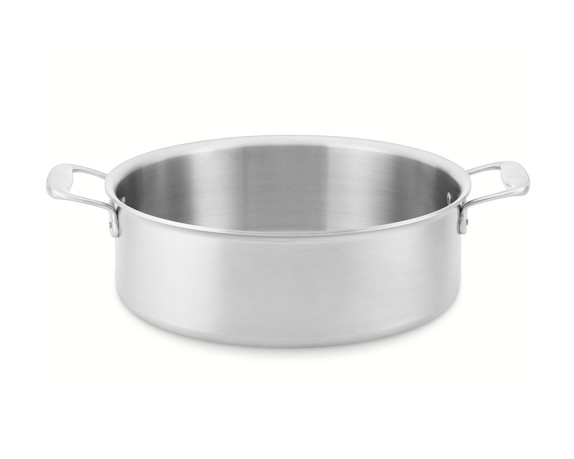
rondeau [ron-doh, ron-doh] ExamplesWord Origin noun, plural ron·deaux [ron-dohz, ron-dohz] /ˈrɒn doʊz, rɒnˈdoʊz/.
- Prosody. a short poem of fixed form, consisting of 13 or 10 lines on two rhymes and having the opening words or phrase used in two places as an unrhymed refrain.
- a 13th-century monophonic song form consisting of two phrases, each repeated several times, and occurring in the 14th and 15th centuries in polyphonic settings.
- a 17th-century musical form consisting of a refrain alternating with contrasting couplets, developing in the 18th century into the sonata-rondo form.
Origin of rondeau 1515–25; Middle French: little circle; see rondel Examples from the Web for rondeau Historical Examples of rondeau
What shall I weave for thee—what shall I spin— Rondel, or rondeau, or virelai?
Various
The triolet is a sort of abbreviation of the second variety of rondeau.
The Principles of English Versification
Paull Franklin Baum
My old friend Gershom has very slyly written a rondeau to me.
Arthur Stringer
The rondeau was much cultivated by the French poet, Clment Marot.
A History of English Versification
Jakob Schipper
Villon has varied the rondeau so as to use for a refrain a single syllable.
Horatio Winslow
British Dictionary definitions for rondeau rondeau noun plural -deaux (-dəʊ, -dəʊz)
- a poem consisting of 13 or 10 lines with two rhymes and having the opening words of the first line used as an unrhymed refrainSee also roundel
Word Origin for rondeau C16: from Old French, from rondel a little round, from rond round Word Origin and History for rondeau n.
1520s, from Middle French rondeau, from Old French rondel “short poem” (see rondel). Metrical form of 10 or 13 lines with only two rhymes.
 Liberal Dictionary English Dictionary
Liberal Dictionary English Dictionary